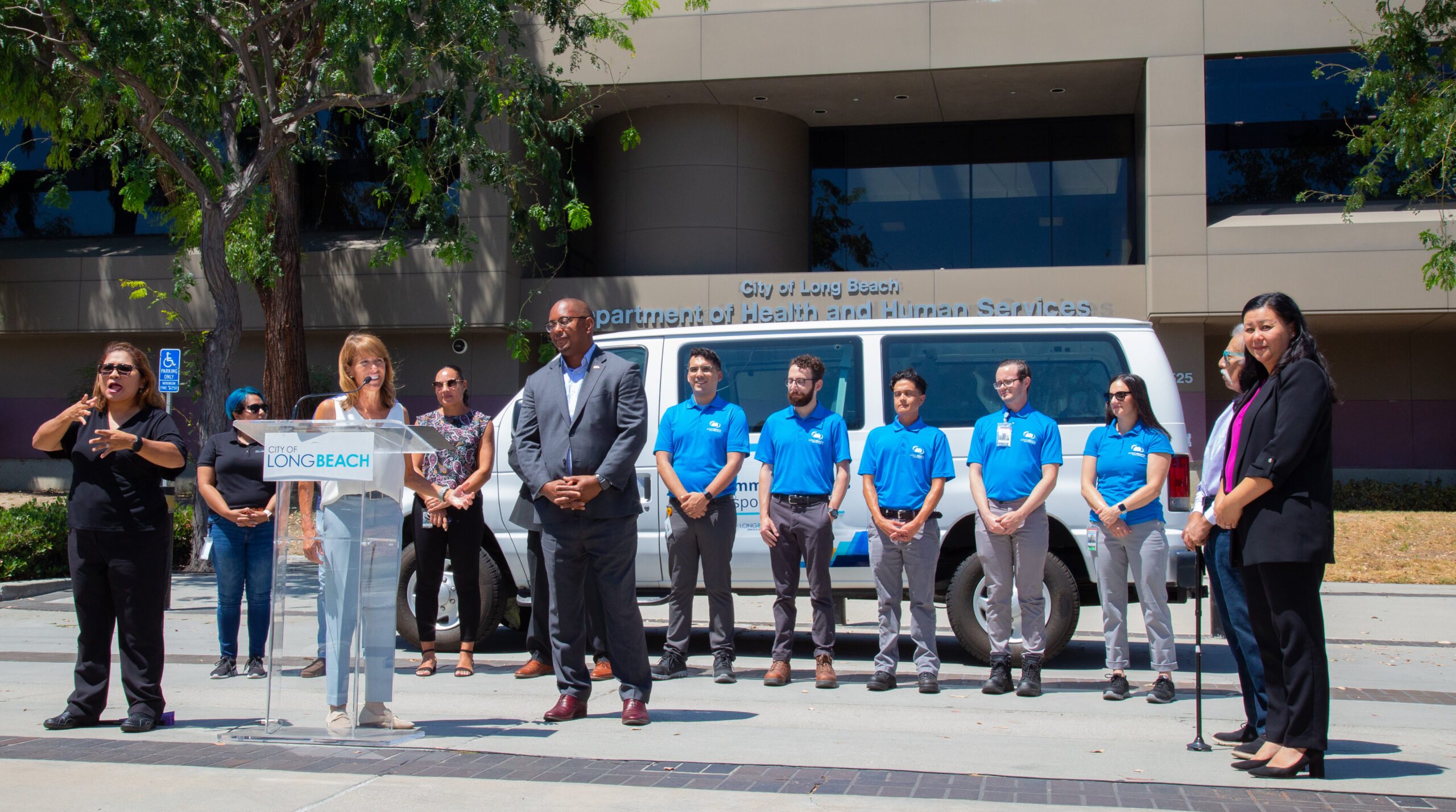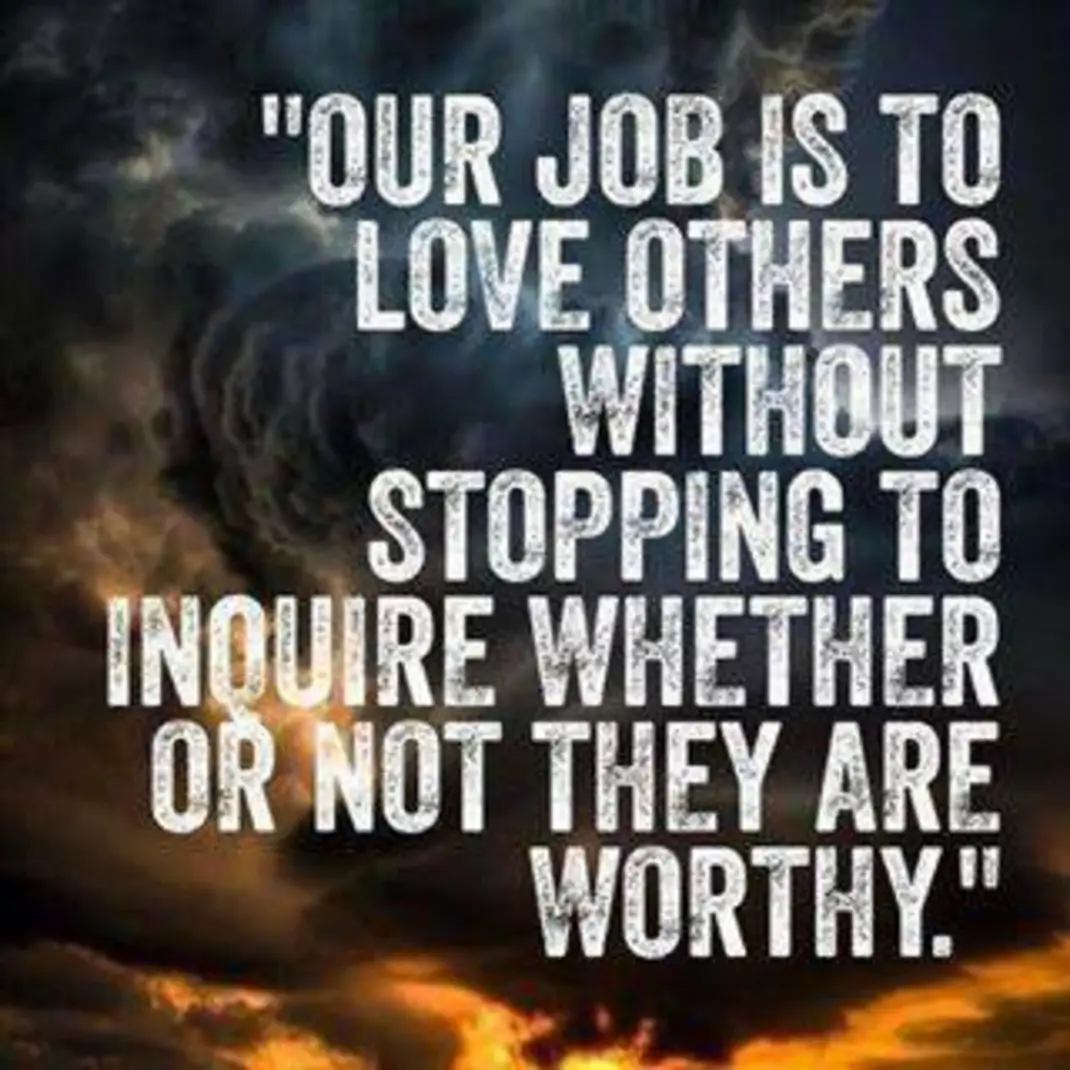The non-law enforcement team has been trained and is well-equipped with “a deep understanding of mental health issues, de-escalation techniques, and trauma-informed care, which better equips them to handle crisis situations with empathy and skill,” Colopy said.
The team is composed of three in-field responders—a crisis intervention specialist, a public health nurse, and a peer navigator—in addition to a program manager and team supervisor who can provide supplemental support and consultation. The team estimates it will be able to respond to three or four calls each day.
Colopy noted that the program is not specifically geared toward people experiencing homelessness, unlike the city’s REACH team, which also includes a public health nurse and a mental health clinician. However, the agencies are “coordinating, and they are talking and they’re doing everything they can to leverage each other’s skill sets as well,” she said.
The team will not operate as a co-response model, meaning that they will not show up with police, Colopy said. However, they will be communicating through dispatch if the needs of the call exceed the response team’s scope of service, and the team can also be requested as an additional resource by responding police or fire units.
City leadership emphasized that the team works in partnership with the police, fire, and public safety departments.
Denver has been experimenting with this, with spectacular success, for a couple years already:
https://www.denverpost.com/2022/02/20/denver-star-program-expansion/Also Eugene, OR.
Yep, CAHOOTS has been in operation for decades.
Thanks for the link!
Their approach is different, too. They’re taught in training to abandon the “pseudo-professional” affect that staffers inadvertently take on in talks with clients. And aside from an extensive background in medical care or mental health, all CAHOOTS employees are judged by their “lived experiences,” Brubaker said – people who’ve dealt with many of the situations CAHOOTS clients find themselves in are better able to empathize and serve those people, he said.
Boston has an emergency mental health response team, but currently they’re only accessed via a different telephone number and don’t link in with 911. They’re considering joint responses from 911 and the B.E.S.T. team
https://northsuffolk.org/services/emergency-services/boston-emergency-services-team/
Thanks for the link!
Wow, this looks interesting that the cops are calling them themselves.
Most of STAR’s calls for service come through Denver 911, where dispatchers are trained to send the STAR van for appropriate needs. But about a third of calls are from Denver police officers who responded to a call and determined it would be better handled by STAR.
“Officers consistently ask when there are going to be more STAR vans,” Sailon said.
This has also been happening in Austin, TX for over 2 years. People can call 911 to have mental health professionals dispatched, alternatively other first responders can call them to the scene
The team will respond to calls from 10 a.m. to 5 p.m. on weekdays
I hate to break it to them, but I’d wager 80% or more of qualifying MH calls come through outside those hours
True, but it’s a start. Lemmy wasn’t built in a day.
Great idea! I hope they make the mental health team outrank a normal officer, so they can order them to stand down when necessary.
That would be a great policy!
Should have patrol officers dress in plain clothes and rotate through with the team. Just so they can learn that they don’t need to be assholes. If that could learn that.






